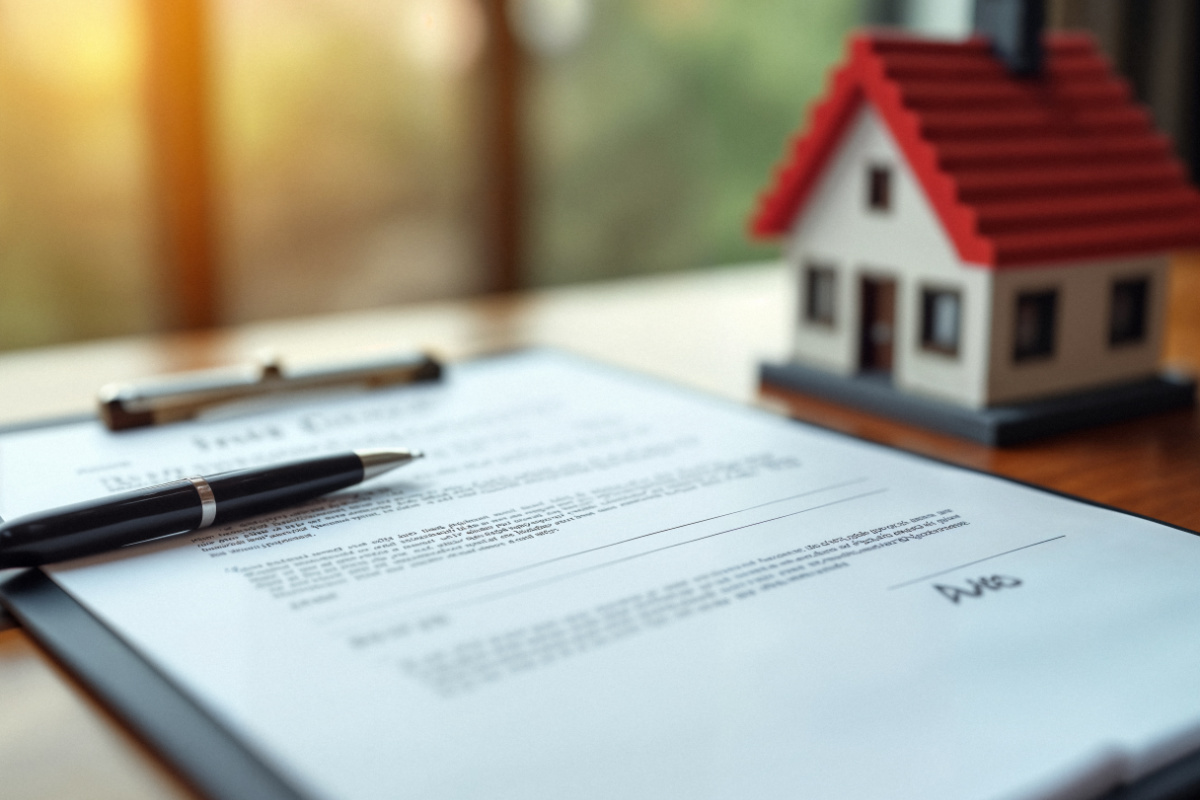Many people incorrectly believe that they will lose their home if they file for bankruptcy. When filing for Chapter 7 bankruptcy in New York, there are two different sets of exemptions which a homeowner can claim in order to protect the equity in their primary residence, state law exemptions and the exemptions provided by the Federal Bankruptcy Code itself. The specific exemption that protects equity in the debtor’s home is often referred to as the “homestead” exemption.
Two Different Homestead Exemptions in New York
In New York, when protecting a home in Bankruptcy, a debtor must choose between State or Federal exemptions. They cannot co-mingle the different exemptions provided by the State or Federal allowances. If the homestead that is being protected is located within Kings, Queens, New York, Bronx, Richmond, Nassau, Suffolk, Rockland, Westchester, or Putnam counties, the New York State homestead exemption amount is set at $165,550 per debtor. This exemptions doubles to $331,100 for married debtors who are both on the deed. Please note that the New York State exemption amounts are lower in upstate New York.
The smaller Federal exemption amount is $23,675 per debtor or $47,350 for joint filers who are both on the deed. The federal bankruptcy exemptions amounts adjust every three years to reflect changes in the Consumer Price Index. The Federal bankruptcy exemptions are set to be adjusted in April of 2019. Beyond protecting one’s home, the main benefit of using the Federal homestead exemption is that the federal exemptions also include a wildcard exemption that can be used to protect assets that may not have their own specific exemptions, such as a pending tax refund or cash in a bank account.
Determining Home Equity and Zillow
In order to calculate the equity in a property, a homeowner subtracts their mortgage balance from the value of their home. To determine a property’s value, the first thing that many people do is check the real estate website, Zillow. In fact, many homeowners constantly monitor Zillow, however, as noted in a The New York Times recent profile on the use of Zillow (see link below), the values on the website are often widely inaccurate. The “Zestimate” home valuation figure is compiled using a proprietary formula which use both recent sales figures, public and user-submitted data, but it is not an appraisal.
There are various factors that Zillow does not take into account when determining their estimates. The first factor is taking into account the neighborhood in which the home is located. A home a few blocks over a neighborhood boundary can have a value vastly different from a home on the other side of that boundary. The second factor is the age of the building. When comparing with recent sales, it appears Zillow does not give enough weight to the age of the building which again can lead to an inaccurate home value estimate. Finally, above and beyond age is the factor of condition. Zillow’s estimates often do not factor in the condition of the property. Estimating the value of a property without considering its condition can lead to an erroneous value. According to the Zestimate page on Zillow’s website (see link below), 87.6 percent of its Zestimates are within 20 percent of the actual value. With such a larger margin of error, debtors using Zillow to determine value of a home should be cautious.
Examples:
- Debtor A has a property worth $475k and a mortgage balance of $455k. The debtor has $20k of equity in their home and they can use Federal exemptions.
- Debtor B & C has a property worth $720k and a mortgage balance of $511k. The debtor has $209k of equity in their home and they would use New York State exemptions. While they may have to forfeit an upcoming tax return, the benefits of protecting their home and eliminating their debts in Chapter 7 make it worth filing.
- Debtor D has a property worth $270k with a mortgage of only $40k. The debtor in this example has $230k in equity in their property. Even using the New York State exemptions, they have unprotected, exposed equity of 65k. They should not file a Chapter 7 without a very compelling reason that trumps their concern for protection of the home.
- Debtor E has a property and they use Zillow to determine its worth is $370k with a mortgage of $192k. The debtor in this example has $178k in equity in their property if they use the Zillow Zestimate. In this example, the debtor should obtain an appraisal because Zillow’s valuations are often inaccurate and the debtor may have equity that is completely protected by the New York State exemptions.
Chapter 7 Home Appraisal
While Zillow provides a good starting point in determining the value of a home, a more accurate method is to obtain a broker price opinion letter (BPO) from a real estate broker, even better is to obtain an appraisal performed by a licensed appraiser. It is risky for a debtor to rely on Zillow for property values, especially when filing for Chapter 7 Bankruptcy. This is essential in a real estate market with rising property values, such as Brooklyn or Queens. Investing in an appraisal is the safest way to approach a bankruptcy filing in these circumstances.
Why is a Chapter 7 Bankruptcy home appraisal so important? It is because a Bankruptcy Trustee can obtain their own valuation of a property. If the Trustee believes that there is unprotected equity in the Debtor’s property, the Trustee can seek to sell the property in order to pay the creditors listed in the Debtor’s bankruptcy petition. A debtor should avoid any uncertainty as to whether there is unprotected equity in their property. Using a value from Zillow can leave too much up to chance in a Chapter 7 Bankruptcy case where a homestead exemption is being used.
Please note, if the debtor is over the exemption by a small amount the trustee will likely not pursue a sale of the property due to the closing costs involved in selling the property. The trustee will only pursue the sale of the property if it will provide at least some net proceeds to be distributed to creditors. If the Bankruptcy Trustee does ultimately sell a debtor’s property, the debtor will receive their full exemption amount (e.g. $165,550 for single debtor, $331,100 for joint debtors in NYC and downstate area).
An experienced New York Bankruptcy Attorney should be consulted before filing a bankruptcy petition, particularly if there is a homestead with equity involved. If you have any questions regarding bankruptcy exemptions or determining the value of assets in a bankruptcy, feel free to contact the Law Offices of David I. Pankin, P.C. at 888-529-9600 or by using our easy online contact form.
More info:
https://www.zillow.com/zestimate/
https://www.nytimes.com/2018/09/14/realestate/why-zillow-addicts-cant-look-away.html
© Zillow, Inc., 2006-2019. Use is subject to Terms of Use
What’s a Zestimate?






